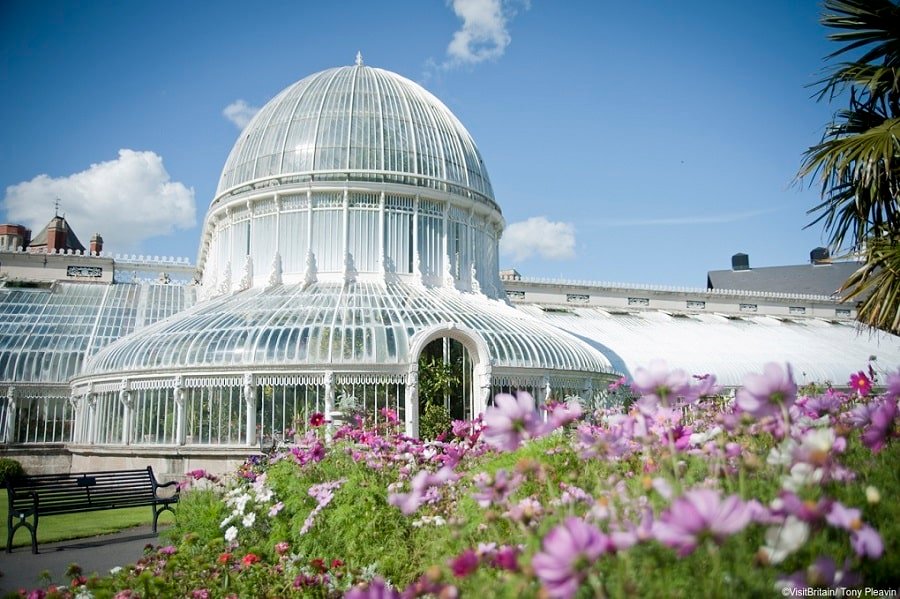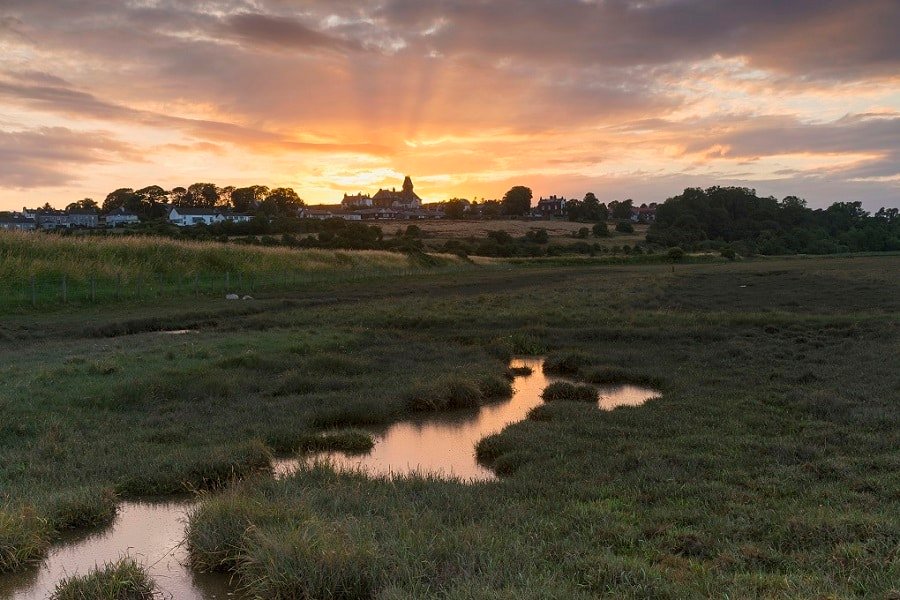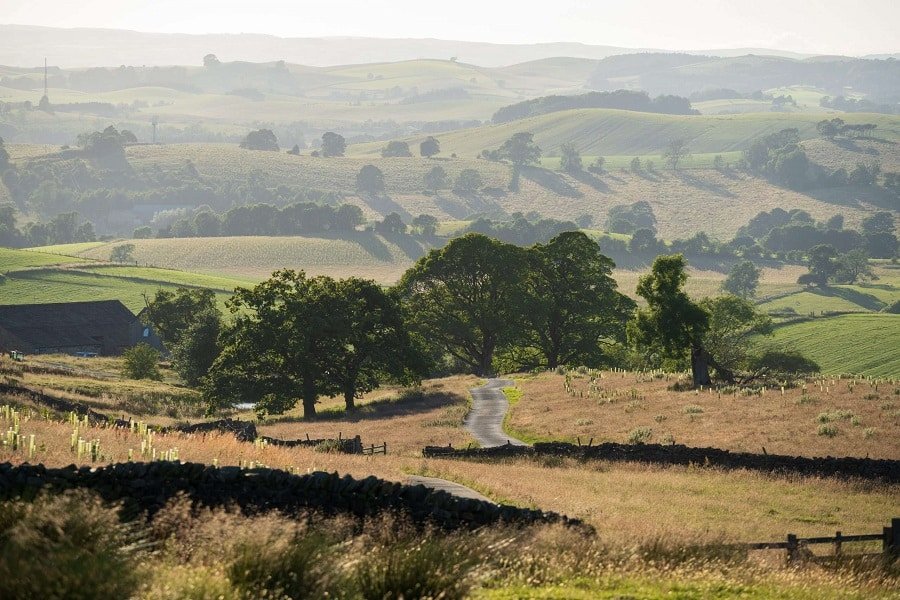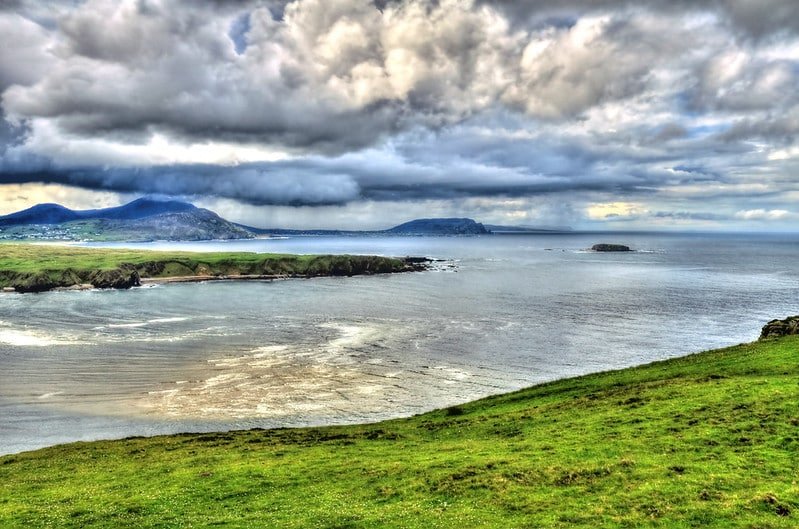
The British Isles are getting lots of love in the travel press at the moment, and rightly so. There is so much on offer, including stunning landscapes, magnificent coastline, millennia of history, and lots more. And did we mention whisky? Well read on because that’s included too. National Geographic issued their Cool List for 2024, the 30 most exciting destinations to visit. A number of spots in the UK made the list so here are your go-to places.
Belfast
In the last decade, Belfast has seen a meteoric rise in tourism, thanks in part to TV’s Game of Thrones and the Titanic Experience. If you still haven’t been, there’s never been a better time to discover this vibrant city. It’s National Geographic’s go-to city in the UK. Belfast had originally hoped to be named Europe’s City of Culture in 2017 until Brexit put an end to those plans. Instead, Belfast City Council has announced Belfast 2024, a year celebrating the culture of the city. So make your own plans to explore all that is on offer. Did we mention that Belfast was named a UNESCO City of Music in 2021? Check it out!

Galloway and Southern Ayrshire
Lonely Planet put Scotland’s far north on their list of 2024’s best destinations. Now National Geographic is drawing attention to another picturesque region of Scotland. Galloway and Southern Ayrshire, located in the southwest of the country, is noted for a certain poet. Just as Rabbie Burns drew inspiration from the landscape around him, so can you be inspired by the area’s forests and coast. Here you can visit Scotland’s first UNESCO biosphere reserve, an expanse of more than 3,780 square miles. Included within the reserve’s borders is Alloway, Burns’ birthplace. While you’re here, enjoy the Galloway Dark Skies Park, take part in one of the many ranger activities, visit the lighthouses and castles along the coast, and support the local many sustainable businesses.

North Yorkshire
My love affair with North Yorkshire is no secret as previous posts about walking the Coast to Coast and Robin Hoods Bay will show. And any Yorkshireman will proudly tell you that they are in God’s country. So it’s no surprise to see the county on the go-to list. One specific reason for its inclusion in Broughton Sanctuary, an estate near Skipton where roughly 2,500 acres are being rewilded. The restoration of peat bogs and waterways as well as a huge tree-planting project are intended to boost the region’s already thriving biodiversity. Visitors can see the progress of the scheme while also staying in one of the site’s holiday homes or attending one of the wellness retreats for which Broughton is known. There are also plenty of opportunities to enjoy the landscape of the North York Moors or the Whitby coast.

Wales for the Whisky
The mention of whisky (or whiskey) typically makes visitors to the British Isles think of Scotland or Ireland, but there’s a new kid on the block! Or an old one, depending on your perspective. Wales’ history of distilling the spirit has mostly been forgotten. The industry started in the 1700s but was largely confined to small-scale production for local consumption. Some of the distilleries grew but they faced fierce competition from their Scottish competitors. This combined with taxes and strict regulation forced them out of business in the 19th century. Despite this, Frongoch Distillery opened in 1890, received a royal warrant and was soon producing 150,000 gallons per year. Frongoch closed in 1910 after declaring bankruptcy.
In the 1990s, a craft revival began and things have grown in size and repute. In July 2023, Welsh single malt earned UK GI (geographic indication) status. Visit one of Wales’ four UK GI single-malt distilleries and open your taste buds to Welsh whisky. Penderyn opened in the Brecon Beacons (Bannau Brycheiniog) in 2000. The distillery produces whisky, rum, gin, and vodka, and is open to tours daily. The other three are In the Welsh Wind near Cardigan Bay, Dà Mhìle, also in Cardigan, and Aber Falls in North Wales. Alternatively, head to the first Wales Whisky Fest, taking place this November in Llandudno. Discover your new favourite single-malt.

Wild Atlantic Way
Yes, we know it’s not technically part of the UK, but Ireland’s Wild Atlantic Way is a part of the British Isles and deserves a shout out. The 1,600 mile route encompasses some of Ireland’s most dramatic scenery, and since 2024 marks the Way’s 10th anniversary, what better time to visit? If you’re already visiting Belfast, it’s just a short hop away. Rent a car and embark on one of Europe’s (or perhaps the world’s) most memorable drives. Photograph lighthouses and castles, enjoy a lunch of fresh oysters, and enjoy the legendary Irish hospitality wherever you stop.



